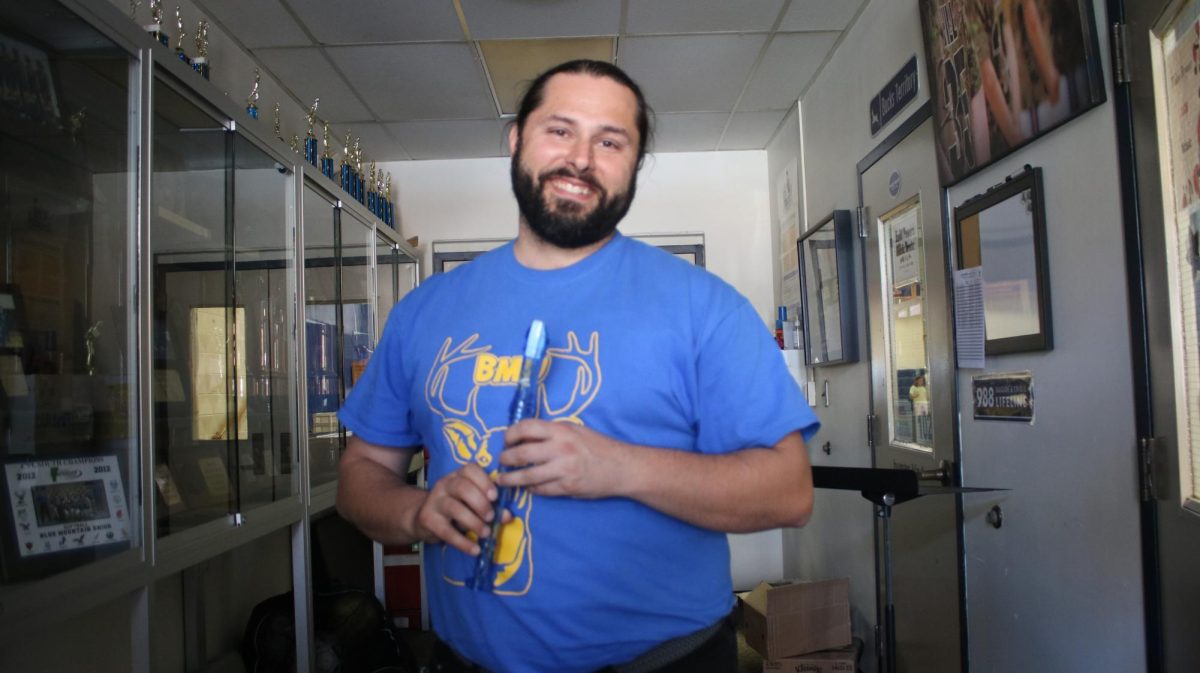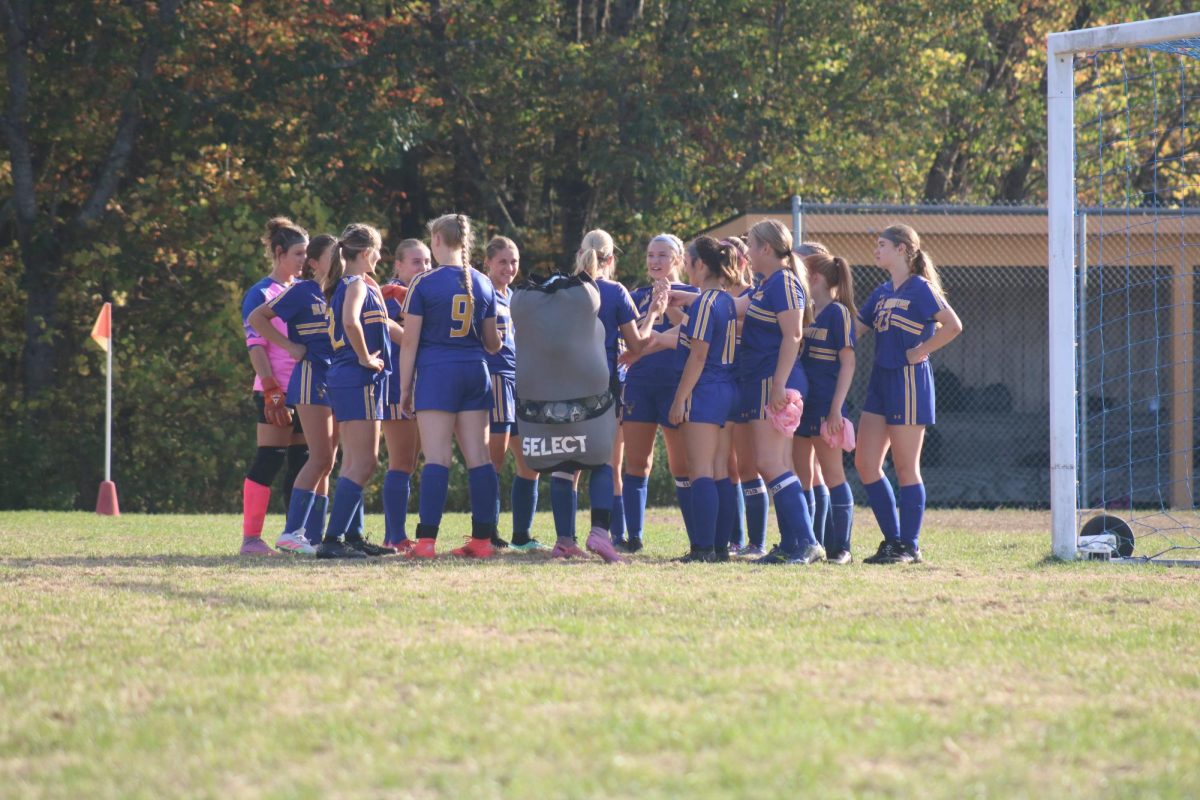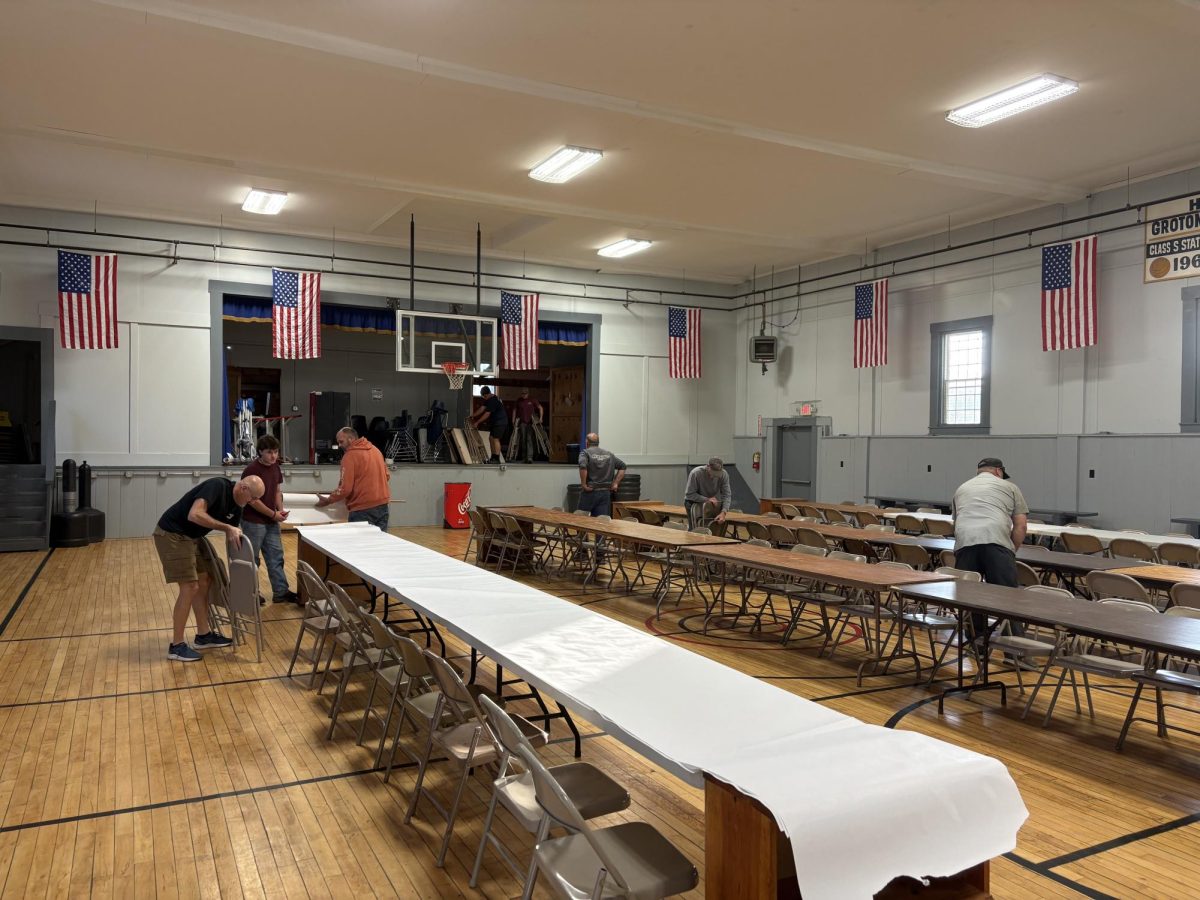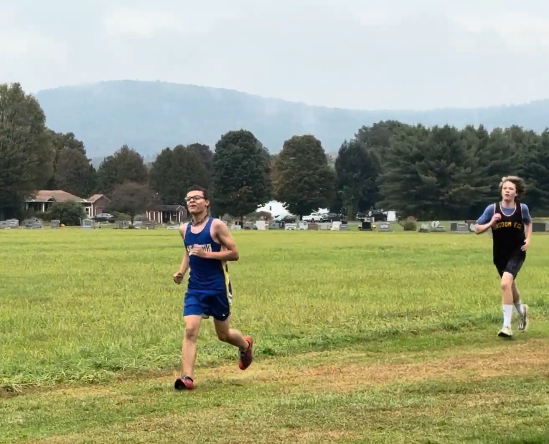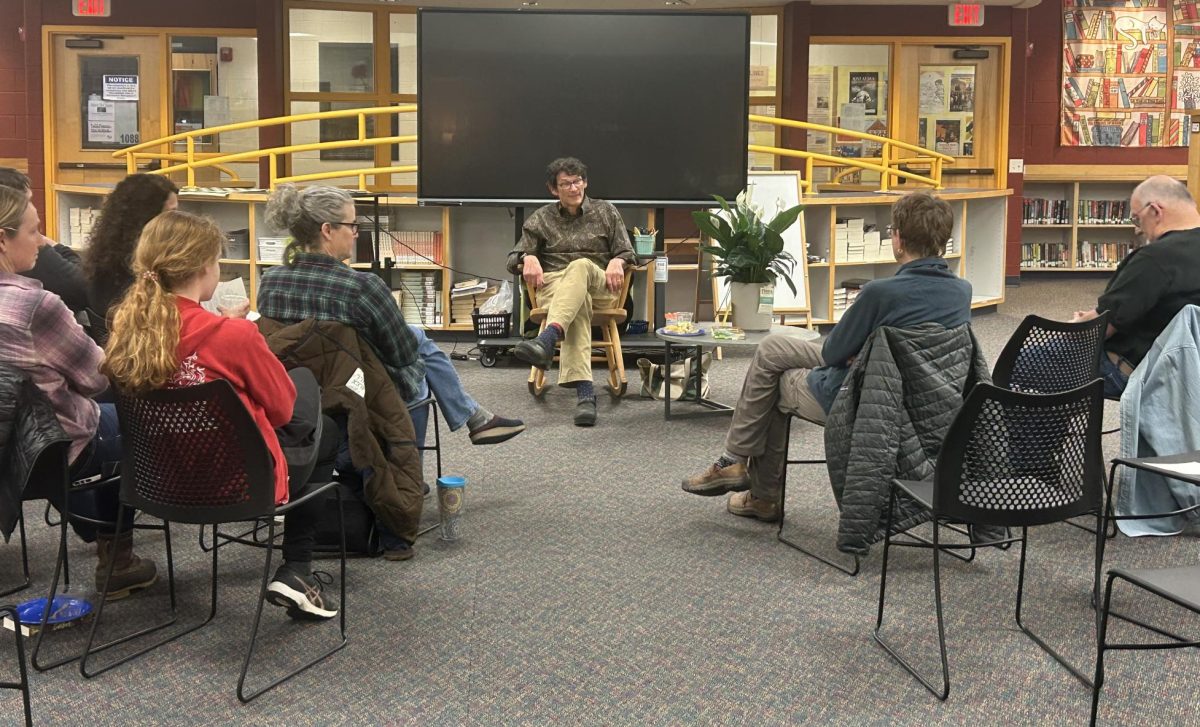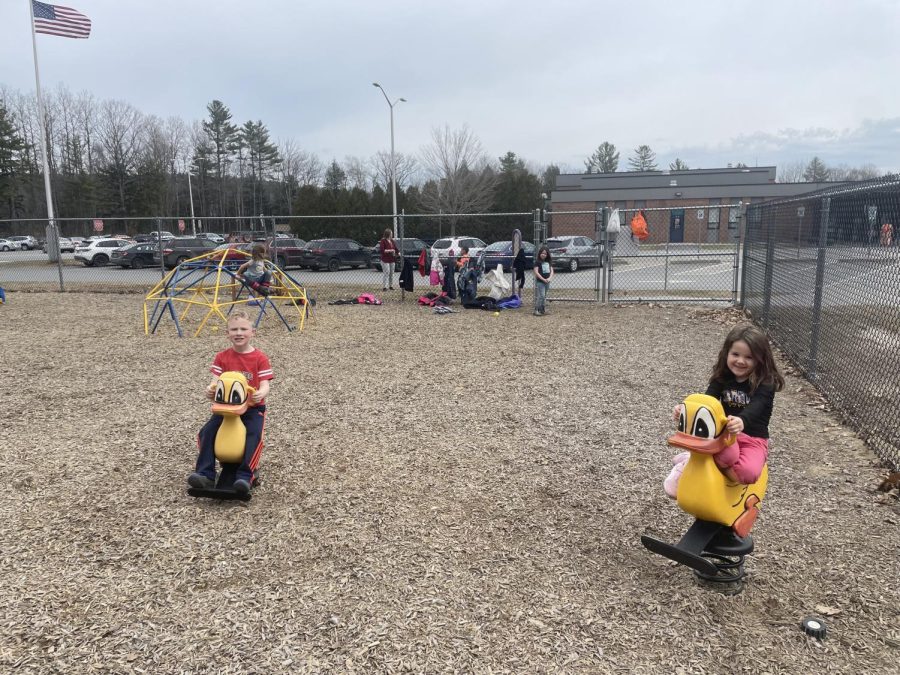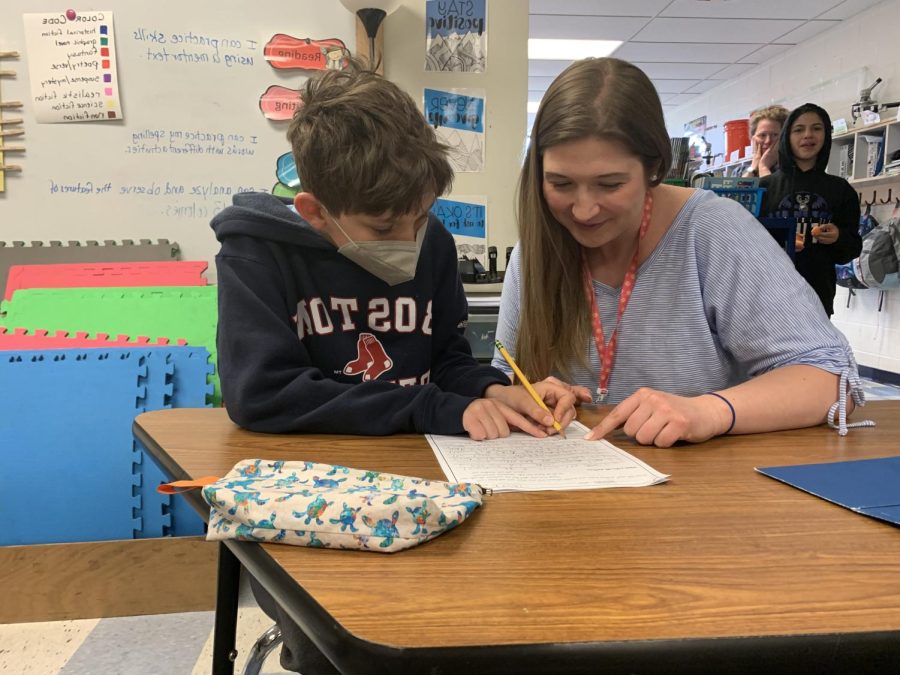Dual Enrollment Southern New Hampshire University Writing Composition students participated in a unit called Campaign for a Cause. In this unit, students selected an issue that interested them, conducted research, created an annotated bibliography, and wrote either a long or short op-ed on the topic. They then presented a speech about a local non-profit organization that addresses the issue. Each student chose whether to publish their short or long op-ed.
You Can’t Get There From Here: But a Working Car Can
Owning a properly maintained vehicle that can withstand a ‘Mud Season Beating’ makes the pivotal difference between breaking down on one of Vermont’s many back roads and arriving home safely. Reliable transportation is essential to fully access jobs, education, healthcare, and basic necessities across the state.
While a part of what makes Vermont so beautiful and cherished are its idyllic dirt roads and lush forests, mud season renders those same roads destructive to all vehicles that travel on them. According to the Vermont Agency of Transportation, 8,543 of the 15,760 miles of road in Vermont is made out of gravel or graded Earth. This leaves many roads in rough shape after mud season.
The added financial burden of vehicle damage from poor road conditions is difficult for our low-income neighbors to handle, making some unable to reach the destinations crucial to their health and livelihood. Additionally, families who cannot afford to buy a vehicle cannot rely on the limited public transportation available in Vermont, forcing those families to use any vehicle they can access – regardless of its condition.
Another obstacle Vermonters face with vehicle maintenance is the draining cost of annual vehicle inspections. According to WCAX, many Vermonters feel that Vermont’s mandatory annual inspections are unnecessary and impose an unfair financial burden on those already struggling with the high cost of vehicle ownership. Hunter Hard of South Burlington suggests that “If there was a way to have it so the charge was somehow covered another way so people didn’t necessarily have to pay out of pocket for that. That could be a possibility to get more people to do it.” If this were a possibility, it would help Vermonters to drive safely, comfortably, and be able to rely on their vehicles for transportation.
Reliable transportation should not be a privilege in Vermont; it must be a right, which is why we must approach legislators to provide relief to low-income Vermonters through making vehicle inspections affordable, removing vehicle inspections outright, and expanding public transportation in Vermont. While this change won’t happen quickly, the sustained commitment of Vermont’s communities can drive the meaningful progress that’s urgently needed.


